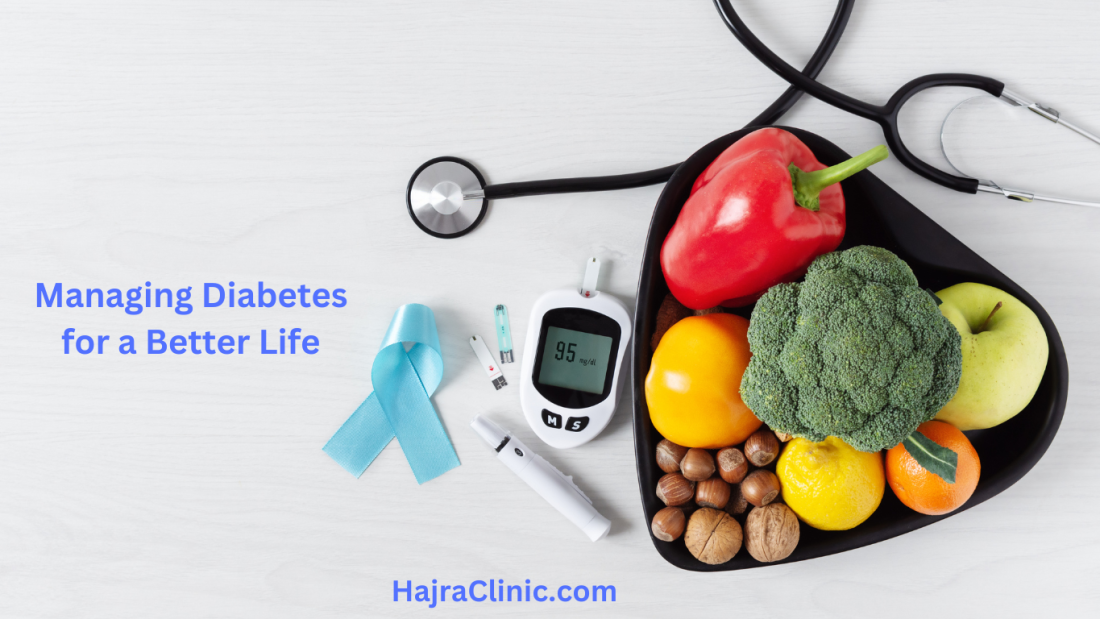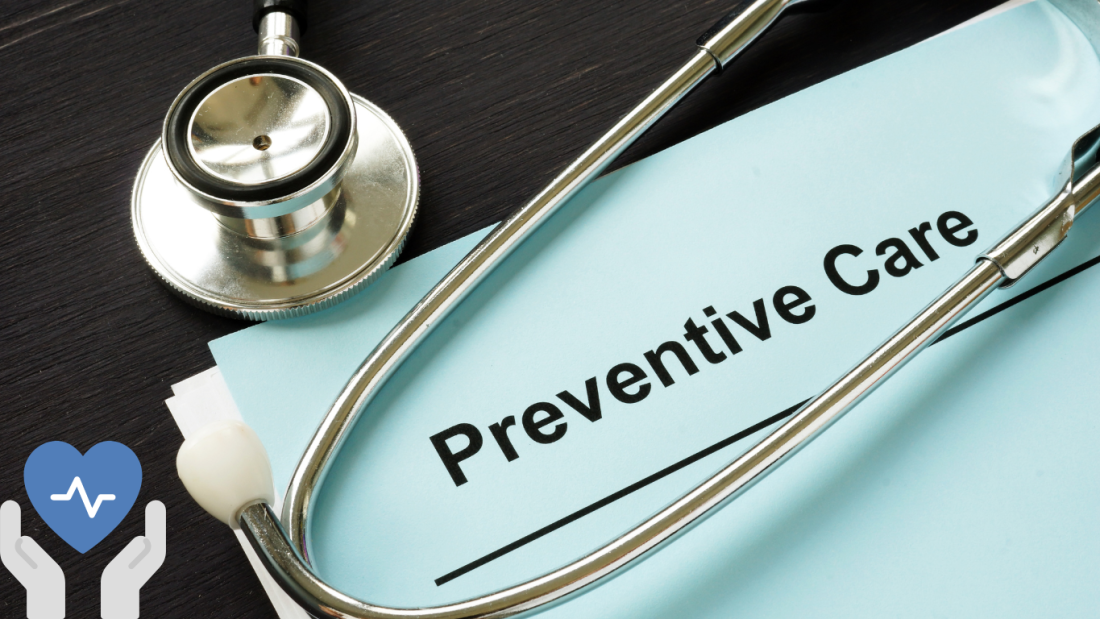A strong immune system is essential for protecting the body against infections and diseases. While genetics play a role in immune function, there are several natural ways to boost immunity and support overall health.
The Role of the Immune System
The immune system is the body’s defense mechanism against harmful pathogens like bacteria, viruses, and toxins. It consists of a complex network of cells, tissues, and organs that work together to protect the body. A well-functioning immune system is crucial for preventing illness and maintaining overall health.
Diet and Immune Function
Nutrition plays a key role in immune health. A diet rich in fruits, vegetables, whole grains, and lean proteins provides the necessary vitamins and minerals that support immune function. Vitamins C and D, zinc, and antioxidants are particularly important for boosting immunity.
Natural Remedies for Immune Support
Several natural remedies can help enhance immune function. These include herbal supplements like echinacea, elderberry, and garlic, which have been shown to have immune-boosting properties. Probiotics, found in yogurt and fermented foods, can also support gut health, which is closely linked to immune function.
The Importance of Sleep and Exercise
Regular physical activity and adequate sleep are essential for a strong immune system. Exercise helps to circulate immune cells throughout the body, while sleep is critical for the repair and regeneration of cells. Aim for at least 7-8 hours of sleep per night and regular exercise to keep your immune system in top shape.
Conclusion
Boosting your immune system naturally involves a combination of a healthy diet, regular exercise, sufficient sleep, and the use of natural remedies. By adopting these practices, you can strengthen your body’s defenses and reduce the risk of illness.





